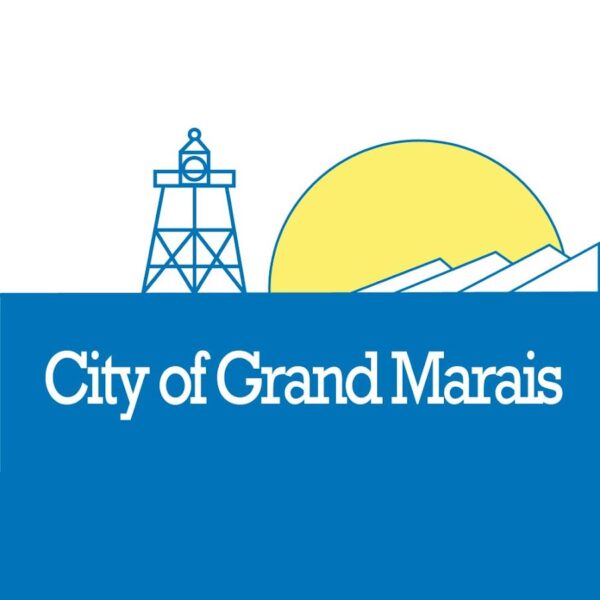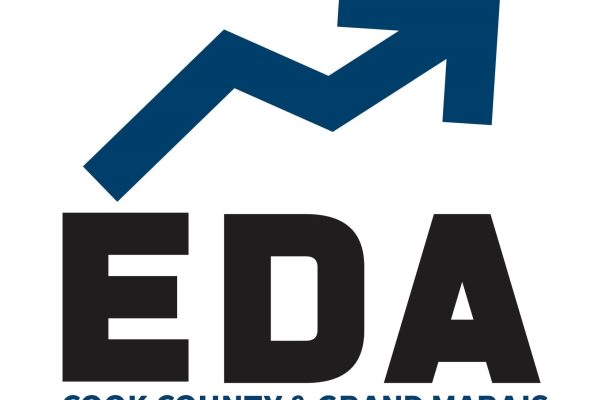City Council passes cannabis ordinance, explores improving communication with public
The Grand Marais City Council approved its cannabis ordinance during the Tuesday, Nov. 26 meeting.
The council discussed establishing cannabis retail store zoning and buffer regulations surrounding schools, daycares, residential treatment facilities, public parks, and playgrounds.
The council began with an established 500-foot buffer from daycares, residential treatment facilities, public parks and playgrounds, and a 1000-foot buffer from a school.
During the discussion, the council explored reducing the 1000-foot school buffer to 500 feet for consistently.
Councilor Ben Peters said he supported setting a 500-foot buffer across the board. Councilor Craig Schulte and Council Michael Garry agreed.
In opposition to the 500-feet buffer was Councilor William Lovaas. “Well, I don’t think we need to make it any easier to bring this stuff in,” Lovaas said. Given the zoning and buffer zones, he said, it would allow for a cannabis retail store to open across the street from his house. “I really don’t like to see something like that coming into the neighborhood.” Lovaas supported setting a 1000-feet buffer requirement.
After some discussion, the council voted 4-1 to set the minimum buffer requirements to 500 feet across the board. Voting in support of the 500-feet buffer were Peters, Schulte, Garry, and Grand Marais Mayor Tracy Benson. Lovaas voted against it.
Legal retail sales of cannabis will go into effect on Jan. 1, 2025. Although the state handles the licensing of cannabis businesses, local county, and municipal governments regulate how and where these businesses can operate by implementing ordinances.
View the City of Grand Marais cannabis ordinance in the Nov. 26 agenda here.
In other city news, during the meeting, the council agreed to move forward with purchasing TextMyGov services to enhance communication between the city and residents. The TextMyGov platform will allow Grand Marais residents to report issues via text with images or videos, subscribe to updates for city announcements and emergency notifications, and access additional city information.
The communication platform will cost $5000 upfront, including the first year’s subscription. Afterwards, the annual cost is $3500.
“I think it’s just broadening what we’re doing,” Communications Director Patrick Knight said during the meeting. Knight said it would be used to notify the public about power outages, water disruptions, city meetings, open houses, public hearings, ordinance changes, and seasonal parking reminders.
The council voted 5-0 to approve the purchase and use of TextMyGov.














